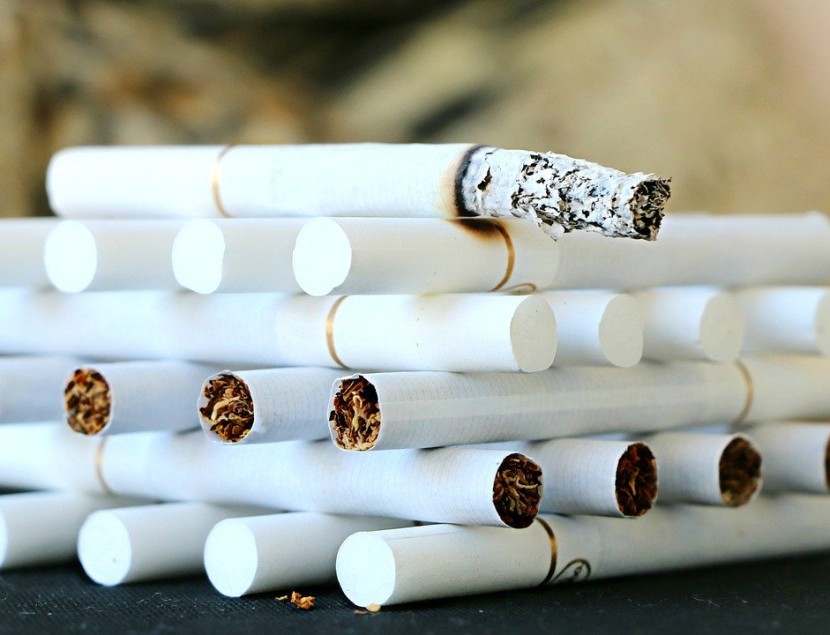
Smokers have long been told their risk of developing diseases like lung cancer will lessen if they can quit. For those who have been smoking for a long time, there is still hope as a new study suggested that giving up the habit can reverse lung damage. According to the researchers from the Wellcome Sanger Institute and University College London, when smokers quit the habit, their risk of developing lung cancer will fall.
According to the study in the journal Nature, they found that even heavy smokers have a shot at reducing their risk of lung cancer, provided they are ready to give up completely. The World Health Organization (WHO) said the discovery offers an olive branch to smokers who think it is too late to make a difference.
Kicking the habit will activate healthy cells to replace some of the tobacco-damaged and cancer-prone ones.
According to the joint senior author, Peter Campbell of the Wellcome Sanger Institute, people who smoked heavily for 30, 40 or more years often come to him to say that it is too late to stop smoking and the damage is already done.
He said the exciting thing about this study is that it shows that it is never too late to quit.
The lung cells start to repair the lining of your airways if you do. Those rejuvenated cells could help protect an ex-smoker against lung cancer.
UCLH's Professor Sam Janes, the joint senior author of the study, said that stopping smoking at any age does not just slow the accumulation of further damage, but could reawaken cells unharmed by past lifestyle choices.
Janes said that more probing into this process could help to assess how these cells protect against cancer, and could potentially lead to new avenues of research into anti-cancer therapeutics.
Their study found that compared to current smokers, people who had quit had more "genetically healthy" lung cells - with the organ growing new healthy cells to replenish the lining of their airways. These cells were less likely to develop into cancer in the future.
Also Read: Ten Ways to Boost the Immune System to Keep Healthy and Pathogen Free
The healthy cells resemble those of people who have never smoked, even in the lungs of former long-term smokers.
According to Campbell, some participants had smoked more than 15,000 packs of cigarettes in their lifetime, but within a few years of quitting, many of the cells lining their airways showed no evidence of damage from tobacco.
This study is part of the £20 million ($US 26M) Mutographs of Cancer project, a Cancer Research UK Grand Challenge initiative. The project detects DNA 'signatures' that indicate the root of damage to learn the causes of cancer.
The research analyzed lung biopsies from 16 people, including current smokers, ex-smokers, and adults who had never smoked and children.
The harm done to the DNA in cells lining the lungs creates genetic errors. Some of these are 'driver mutations' that provide the cell with a growth advantage.
Not only will quitters have reduced the risk of developing lung cancer but also fend off the development of new damages to the body.
RELATED ARTICLE: E-cigarette Lowered Smoking Tobacco Usage for Young High School Students and had Vaping Usage Increased








